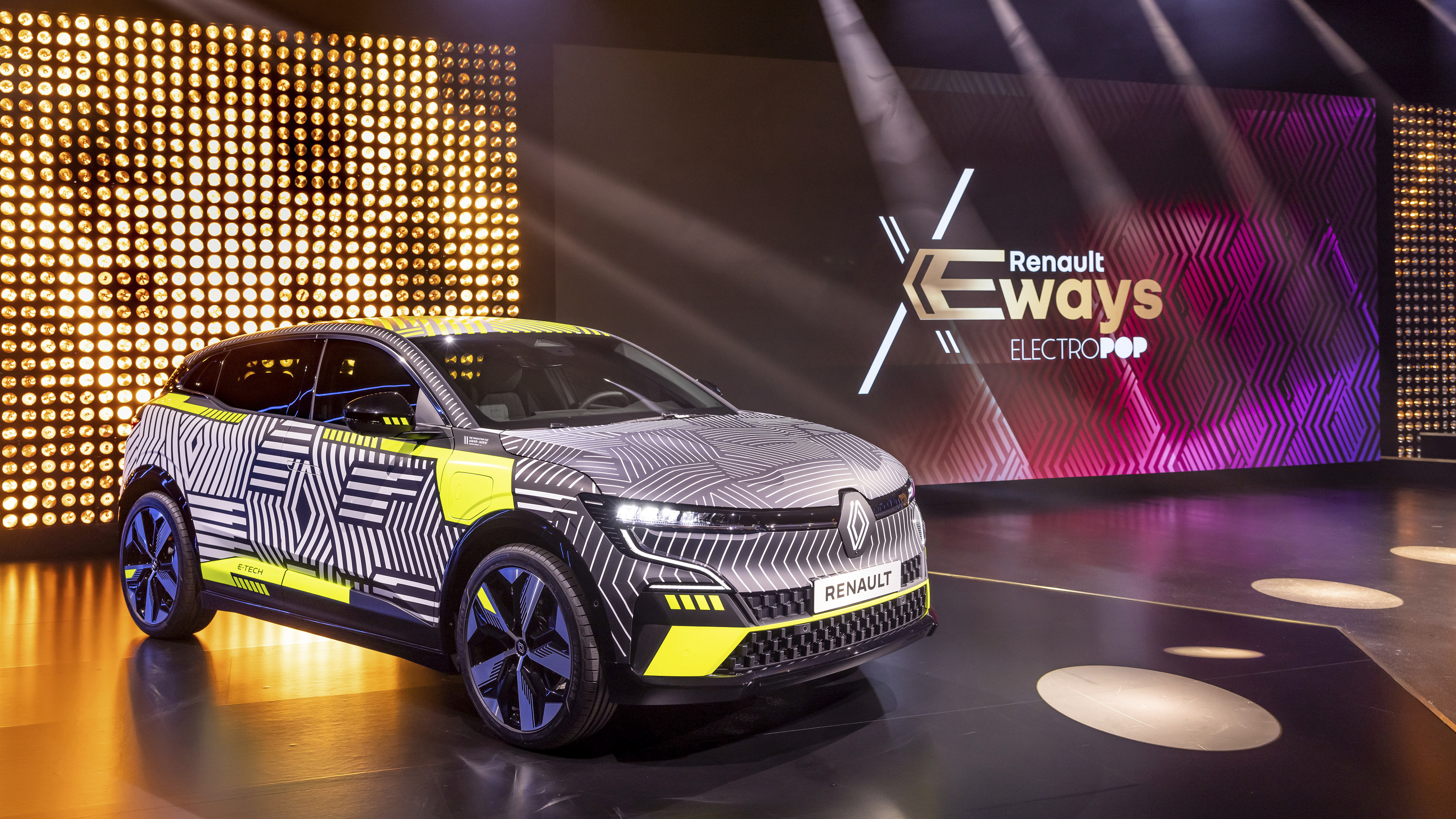Renault's plan to make electric cars cheap could give us a $26,000 EV

Renault wants to make EVs cheaper, as part of its plan to expand its range of electric cars, with a brace of newly announced compacts leading the way in the next couple of years.
During its online ElectroPop event the French automaker outlined its vision to make up to 90% of its European sales fully electric by 2030. And, leading the field in the affordability stakes will be the new Renault 5, which is set to arrive on European roads in 2023.
- Here are the best electric cars you can buy right now
- How long does it take to charge an electric car? What you need to know
- Plus: GTA 6 release date reportedly set for 2025 — with an ‘evolving’ map
Renault is looking to make the compact car more wallet-friendly, with the company aiming to offer a price tag that's 33% cheaper than the current all-electric Renault Zoe. That could mean cars will be available in the UK and Europe for just over $26,000. The company also wants to resurrect its Renault 4 model too, with another budget electric car that’s set to use the resurrected ‘4ever’ badge.
New models will be based around its new CMF-BEV and CMF-EV manufacturing platforms, aimed specifically at letting Renault Group exploit its already solid presence in the C and D-segment. The benefit of the new CMF-BEV platform is its modular approach to production, which will employ components from the existing CMF-B platform used currently. This will allow the Renault 5 and 4ever to be produced in volume and share components more easily, while still keeping costs down.
Renault will offer cars with a range of up to 250 miles (400km WLTP), with power coming from a 100kW motor while making use of an interchangeable battery module. However, models set to be built on the CMF-EV platform, including the C-segment MeganE model due next year, along with the Nissan Ariya set for release later in 2021, will offer more range. 360miles (580km WLTP) is on the cards according to the automaker.
The new Renault 5 will be assembled in France, with in-house development of two different batteries helping to keep the price point as low as possible.
Renault claims that battery costs could be reduced by 60% at pack level in the next ten years, with a target below 100 dollars/kWh by 2025. The Renault Group also plans to open two battery gigafactories as part of its strategy for reducing overheads, and is also looking at developing solid-state batteries, which could be ready for market by 2030.
Get instant access to breaking news, the hottest reviews, great deals and helpful tips.
“Today is a historic acceleration of Renault Group’s EV strategy, made in Europe. By building our compact, efficient, high-tech electric ecosystem Renault ElectriCity in Northern France together with our e-powertrain MegaFactory in Normandy, we create the conditions of our competitiveness, at home. We’ll train, invest and partner up with established and emerging best-in-class players in their fields: ST Micro-electronics, Whylot, LG Chem, Envision AESC, Verkor.
Ten new electric models will be conceived and up to one million electric vehicles will be manufactured by 2030, from cost-efficient urban vehicles to sportier, higher-end ones. As well as efficiency, we bet on iconic designs such as the beloved R5 to bring the Renault touch to electrification, making electric cars popular,” said Luca de Meo, CEO of Renault Group.

Rob is a London-based freelance tech journalist covering EVs and car tech for Tom's Guide. He has worked at Microsoft and written for numerous tech sites including TechRadar, Gizmodo, ShortList and Fit&Well. When he's not working, he can usually be found out and about on one of his numerous ebikes.
